There is simply no way a provincial election can compete for public and media attention when it’s up against a long-anticipated federal bloodletting.
Published Jan 06, 2025 • 3 minute read

Now that the uncertainty about Prime Minister Justin Trudeau’s future is over, let’s look at the collateral damage caused by Trudeau’s resignation announcement.
High on the list is Ontario Premier Doug Ford’s wished-for spring election. With Parliament prorogued until March 24 while the federal Liberals choose a new leader, there is simply no window for Ford to hold an election in May or June, as was widely rumoured. Once a new Liberal leader is in place, either that leader or the combined opposition will move quickly to initiate a federal election.
Advertisement 2
THIS CONTENT IS RESERVED FOR SUBSCRIBERS ONLY
Subscribe now to read the latest news in your city and across Canada.
- Exclusive articles from Elizabeth Payne, David Pugliese, Andrew Duffy, Bruce Deachman and others. Plus, food reviews and event listings in the weekly newsletter, Ottawa, Out of Office.
- Unlimited online access to Ottawa Citizen and 15 news sites with one account.
- Ottawa Citizen ePaper, an electronic replica of the print edition to view on any device, share and comment on.
- Daily puzzles, including the New York Times Crossword.
- Support local journalism.
SUBSCRIBE TO UNLOCK MORE ARTICLES
Subscribe now to read the latest news in your city and across Canada.
- Exclusive articles from Elizabeth Payne, David Pugliese, Andrew Duffy, Bruce Deachman and others. Plus, food reviews and event listings in the weekly newsletter, Ottawa, Out of Office.
- Unlimited online access to Ottawa Citizen and 15 news sites with one account.
- Ottawa Citizen ePaper, an electronic replica of the print edition to view on any device, share and comment on.
- Daily puzzles, including the New York Times Crossword.
- Support local journalism.
REGISTER / SIGN IN TO UNLOCK MORE ARTICLES
Create an account or sign in to continue with your reading experience.
- Access articles from across Canada with one account.
- Share your thoughts and join the conversation in the comments.
- Enjoy additional articles per month.
- Get email updates from your favourite authors.
THIS ARTICLE IS FREE TO READ REGISTER TO UNLOCK.
Create an account or sign in to continue with your reading experience.
- Access articles from across Canada with one account
- Share your thoughts and join the conversation in the comments
- Enjoy additional articles per month
- Get email updates from your favourite authors
Sign In or Create an Account
or
Article content
That’s a blow to Ford’s plans, and the issue isn’t just timing. With Trudeau in power, it was relatively easy for Ford to contrast himself with a remarkably unpopular federal Liberal government. Sure, it wasn’t the one he’d be running against, but Trudeau has damaged the entire Liberal brand, making Ontario Liberal leader Bonnie Crombie’s job even tougher.
When U.S. president-elect Donald Trump made his famous tariff threat, Ford was one of the first to stand up to him, casting himself as a necessary champion for Ontario and providing a potential reason for an election. The prime minister’s vacillation on the file created the opportunity. If Conservative leader Pierre Poilievre becomes prime minister in the looming federal election, don’t expect him to allow premiers free rein in foreign affairs.
A federal election this year will certainly quench the public’s limited thirst for politics. It will also absorb the energy of volunteers and the money of donors. No one wants two elections in one year and there will be no public enthusiasm for a provincial election that doesn’t need to take place until June, 2026.
Advertisement 3
Article content
If all that weren’t enough, there is simply no way a provincial election can compete for public and media attention when it’s up against a long-anticipated federal bloodletting. A provincial election featuring a personally unpopular Ford versus two little-known opposition leaders and lacking a compelling issue will be a hard sell, even in 2026.
For the city of Ottawa, Trudeau’s resignation is mixed news. One way or another, it will put an end to the rudderless and amateurish government we’ve seen lately, but for the public service, it’s one step closer to inevitable job cuts. Even if a new Liberal leader were to win the election by some miracle, any government is going to have to reduce what it spends on the public service as it tackles the stubborn federal deficit.
The loss of Trudeau is also a blow to Ottawa Council and its hope for federal money to help reduce the remaining $36-million gap in the city budget. The gap is the result of higher transit costs and continued low ridership. The Trudeau government failed to come to the city’s rescue on that and with a leadership race on, the Liberals’ habitual low level of interest in the city’s affairs will become lower still.
Advertisement 4
Article content
Trudeau’s resignation replaces one type of uncertainty with others. How will the country manage to deal with the challenge of Trump when it is leaderless and Parliament is unable to meet and pass legislation? If Poilievre does win the election, what will he do? Beyond slogans, that’s disturbingly unclear. Don’t expect him to reveal his platform until the election.
Buckle up. It’s going to be an interesting year.
Randall Denley is an Ottawa journalist and author. Contact him at [email protected]
Recommended from Editorial
-

Read the full text of Justin Trudeau's resignation speech
-

Tasha Kheiriddin: Justin Trudeau goes out blaming and betraying Canadians one more time
Article content
.png)
 1 day ago
5
1 day ago
5


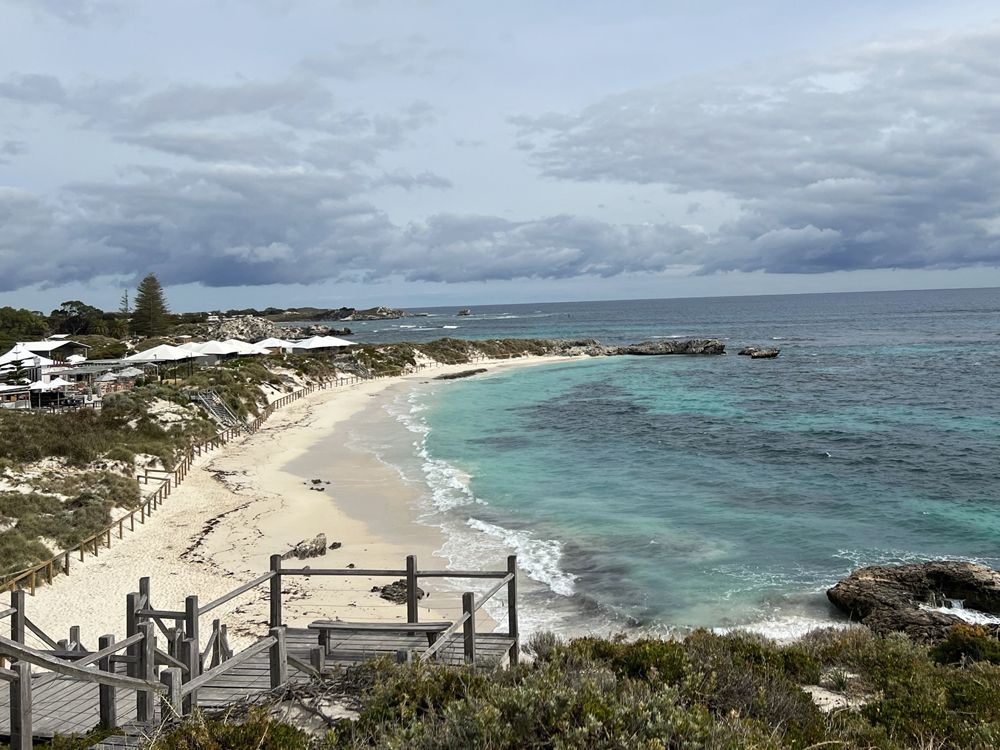
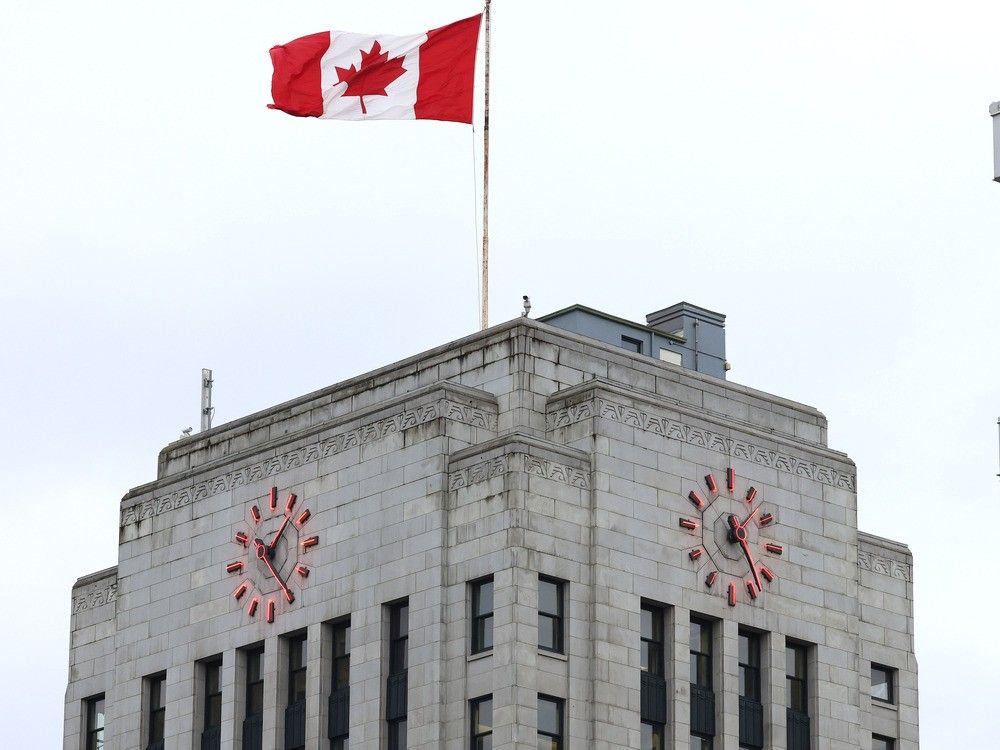
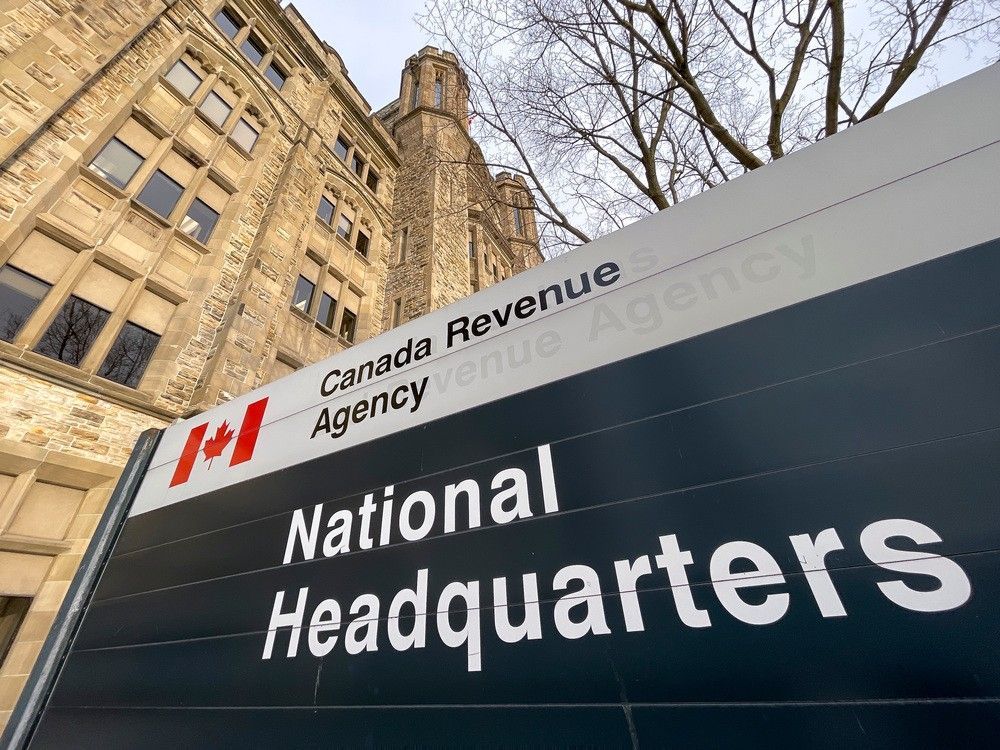

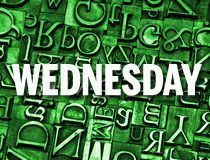
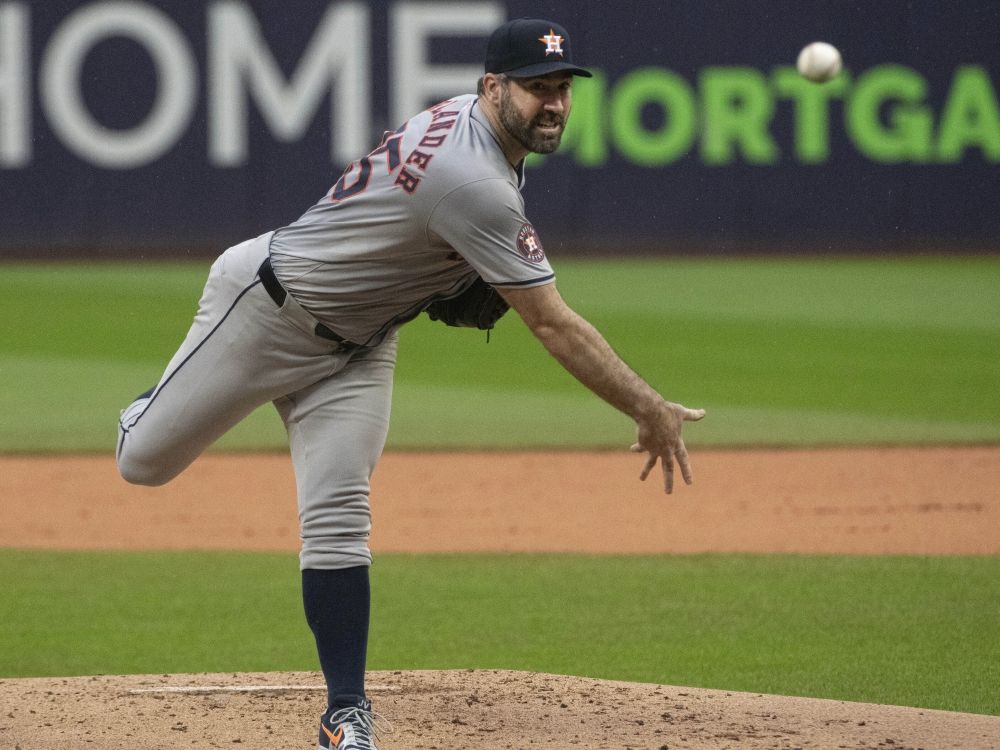

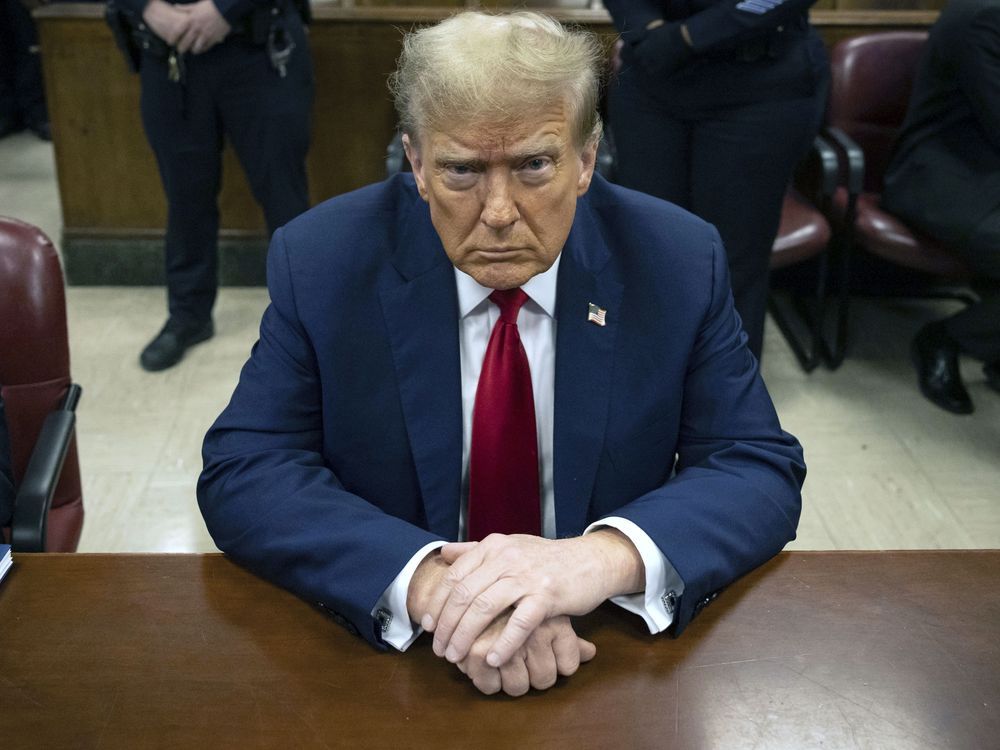


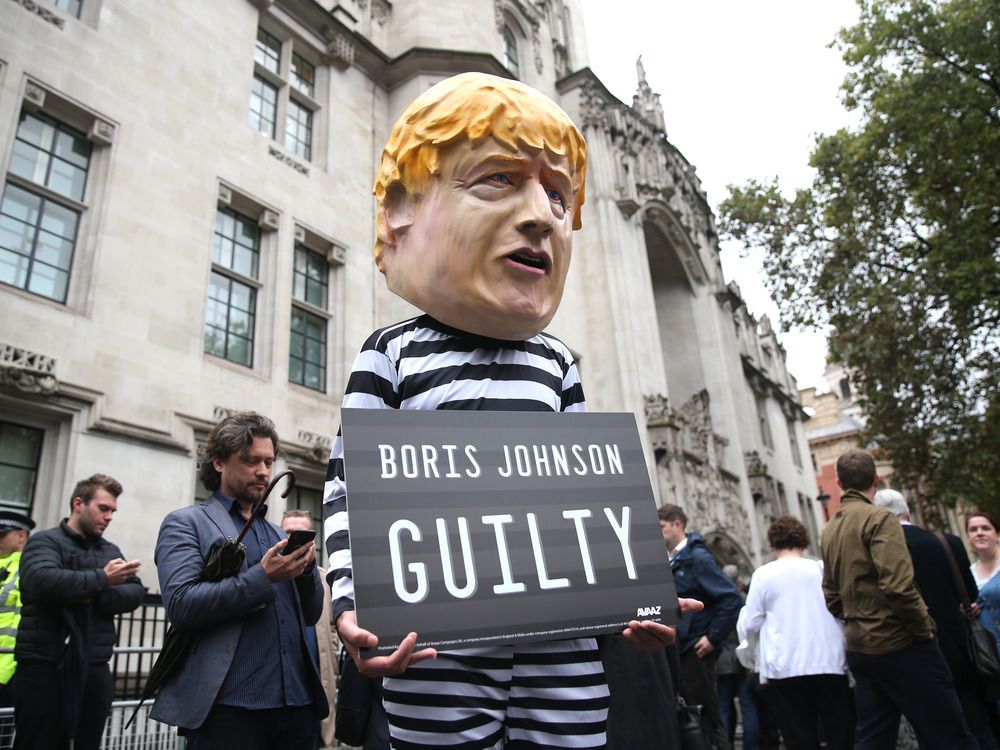























 Bengali (BD) ·
Bengali (BD) ·  English (US) ·
English (US) ·